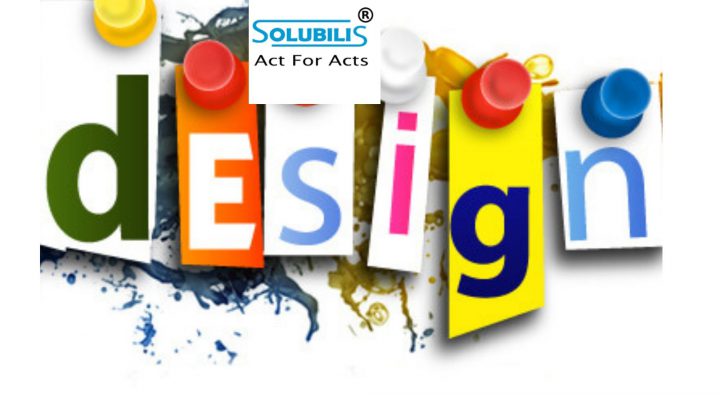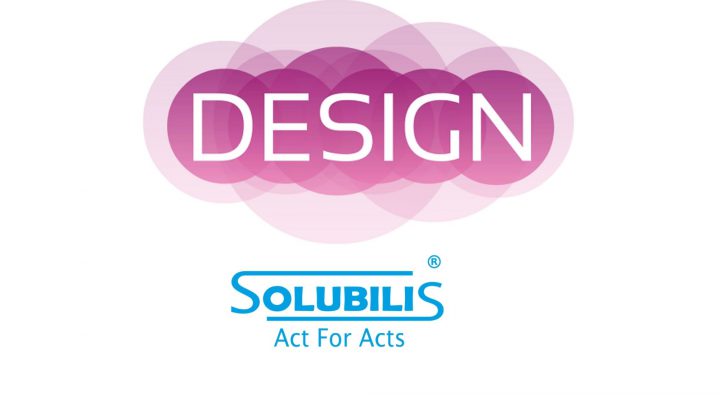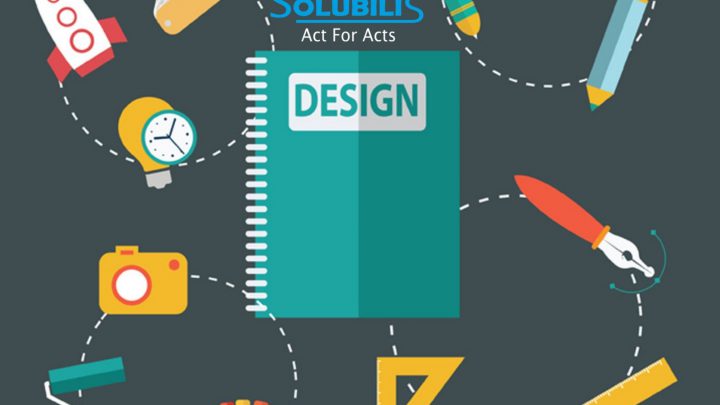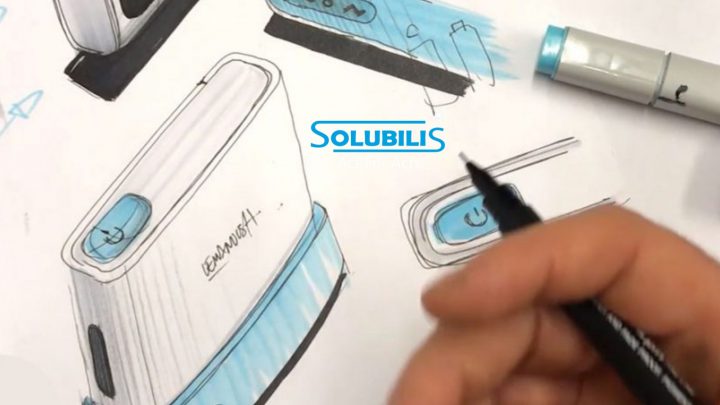Tag: design registration in India
What You Should Know About the App Design Process?
Life is creative has never been something more, because of the sheer volume of astounding instruments and toys out there readily available. Discovering a design application is simple; discovering a genuinely incredible design application is somewhat harder. All in all, how would you tell the champs from the failures with regards…
What is Design Thinking and why is it so popular?
Design thinking is a non-straight, iterative interaction that groups use to get clients, challenge suppositions, rethink problems and make creative answers for model and test. Including five stages—Empathize, Define, Ideate, Prototype and Test—it is generally valuable to handle issues that are not well characterized or obscure. Importance of design thinking In user…
Design application filing in India
Design can be extensively depicted as the external appearance or the state of an article noticeable to the unaided eye. In India and in most different pieces of the world, another and particular design can be given Intellectual property insurance as an Industrial design, if it satisfies the boundaries that have…
What are the requirements for registering a design?
Registering a design in India gives the proprietor, an imposing business model on their item, for example the appropriate for a restricted period to prevent others from making, utilizing or selling the item without their authorization and is extra to any Design right or copyright insurance that may exist consequently in…
Protection of Industrial design in India
“Design” signifies just the highlights of shape, arrangement, example, adornment or organization of lines or shadings applied to any article whether in two dimensional or three dimensional or in the two structures. It may be any modern cycle or means, regardless of whether manual, mechanical or synthetic, independent or joined, which…
What are the important characteristics of design registration?
In our daily life, we encounter various encounter objects that we can identify by observing their design. Products that have artistically designed can attract the customer’s attention at the time they see it. These designs can take the form of art, drawings, graphics, etc. These designs can have creation by…
Start-ups in India to have benefit under new design rules
India’s new reform of its design rules for design registration will greatly benefit start-ups and small organizations seeking design registration. The revised design rules now identify “start-ups” as a separate category of applicants and reduce overall filing and proceeding fees for smaller companies. This amendment is in line with the amendments had…
New Design rules to benefit the start-up
Design is the decorative or aesthetic aspect of an article. The purpose of the Act is to preserve the aesthetic shape, not the functional or functional shape. To obtain legal protection under the Designs Act, 2000, the design must meet the defining requirements of Section 2 (d). The definition reads as follows: “Design”…








